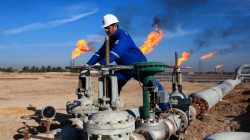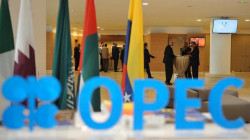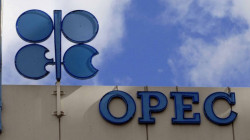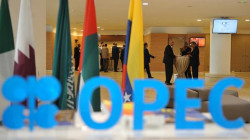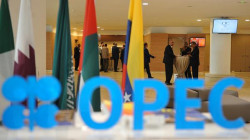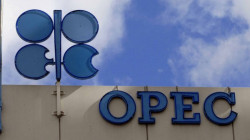OPEC Oil Production Drops amidst Supply Decline from Iraq and Saudi Arabia

Shafaq News/ The Organization of Petroleum Exporting Countries (OPEC) has announced a substantial drop in its oil production, sparking concerns over global supply stability.
The collective output of the 13 member nations fell by 440,000 barrels per day (bpd) in May, settling at 28.16 million bpd compared to April's figures. This dip in production is mainly attributable to the declining oil production from two of OPEC's major contributors: Iraq and Saudi Arabia.
As per the recent survey by S&P Global Commodity Insights, Saudi Arabia has fully implemented its declared production cut of 500,000 bpd in May, bringing its average daily production to 10 million barrels. Meanwhile, Iraq's production remained steady at 4.1 million bpd amidst its protracted halt of northern exports via Turkey, influenced by lingering fiscal and political disagreements between Baghdad and Ankara.
The United Arab Emirates witnessed a daily reduction of 140,000 barrels, followed by Kuwait with a decrease of 130,000 barrels per day. However, the overall decline was partially offset by a robust recovery in Nigeria, which experienced an increase of 220,000 bpd to reach a daily production level of 1.40 million barrels. Nigerian production in April had suffered a significant hit, marking its lowest level since November 2022 due to an industry-wide strike by the internal workers' union at Exxon Mobil, which affected production for ten days mid-month.
The survey highlighted other winners in the production dynamics, including Venezuela, which imported more diluents to extract its extra heavy crude, and Iran, noted for exporting larger quantities.
Looking towards the summer, the production is set to dwindle further if nations with voluntary production cuts persist in this trajectory. Saudi Arabia, for instance, has pledged an additional cut of one million bpd. Typically, global oil demand exhibits a seasonal uptick with rising temperatures, and with China's post-pandemic recovery expected to gain momentum in the second half of the year, the supply constraints from OPEC+ could potentially tighten the market in the forthcoming months.
The production cut in May means that the gap between OPEC+ production and quotas has widened, with the collective compliance rate of the nineteen members having proportional quotas reaching an unprecedented 192.39% relative to the targets agreed under the accord.
